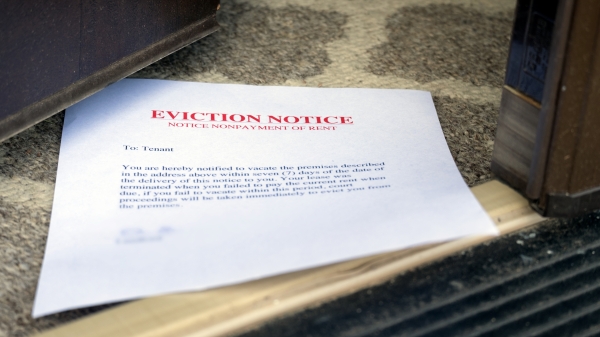Sen. Doug Jones recently sent a letter to the IRS.
In the letter to IRS Commissioner Charles Rettig on April 4, Jones, D-Alabama, asked for an explanation as to why national audits have been focused on rural, lower-income areas instead of wealthier zones.
“To concentrate so exclusively on this subset of taxpayers defies explanation,” Jones wrote in the letter to Rettig. “This is no anomaly. The chances of an IRS audit seem to correlate nearly exactly with the taxpayer’s proximity to either the rural Southeast or, in several stark cases, to Native-American reservations.”
Jones used examples of the low-income area of Greene County, Alabama, with a 40 percent audit rate of its 8,330 residents. Compare this to Bergen County, New Jersey, with over a million residents, where taxpayers are audited at the national average. The median household income for Greene County is $21,000, but Bergen County’s is $91,000.
“According to IRS statistics, the annual ‘tax gap,’ or the gross gap between total taxes owed and total taxes paid on time was over $450 billion,” Jones wrote. “To take such a large portion of limited IRS resources and to focus them so intensely on rural communities in Alabama and the Southeast makes little fiscal sense.”
In the letter, Jones told Rettig that the IRS’ practice is discriminatory.
Jones called for the IRS to take a close look at the policies regarding geographical disparities in their audit choices and asked for reasons behind the statistics he used.




















































